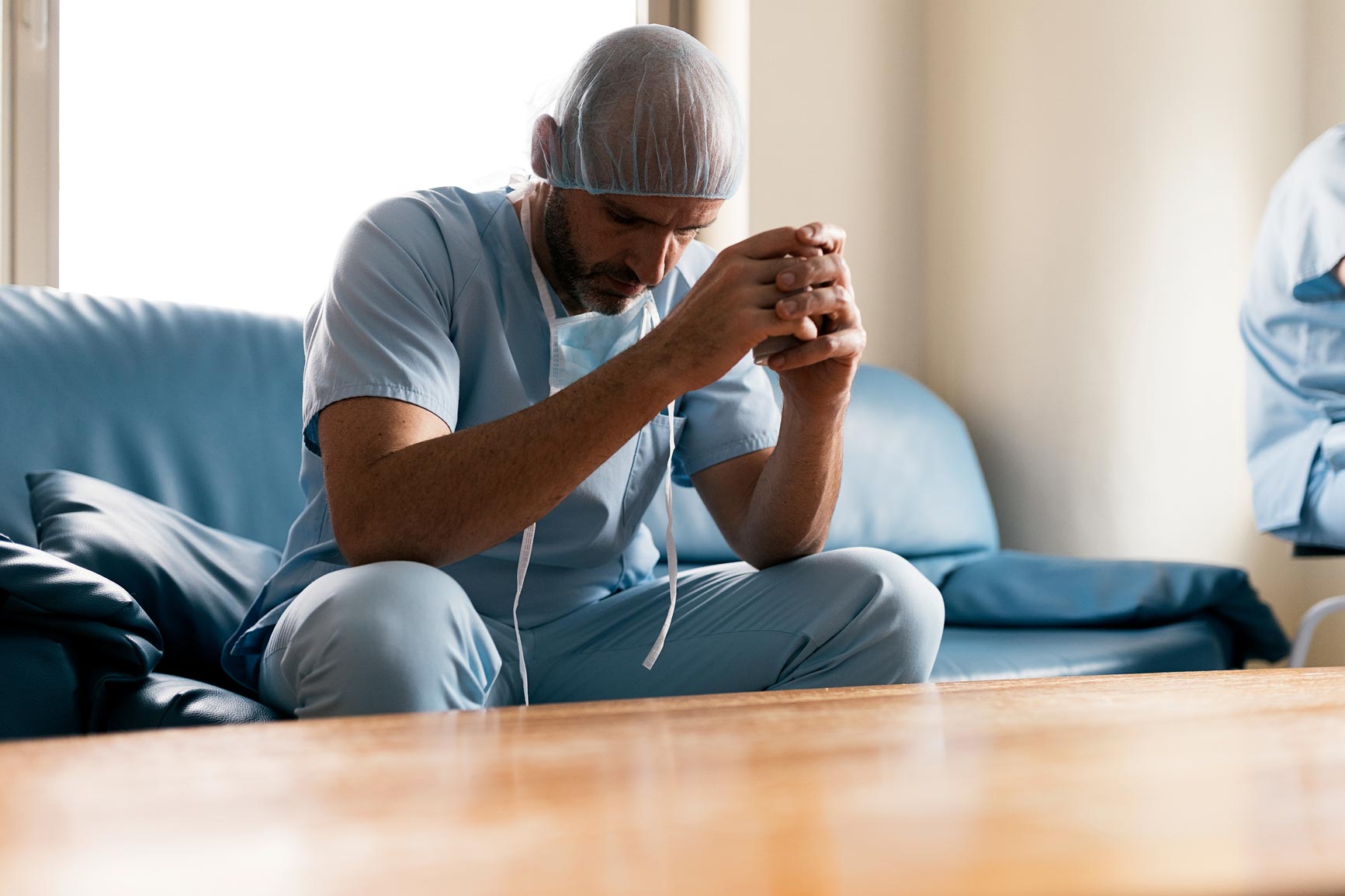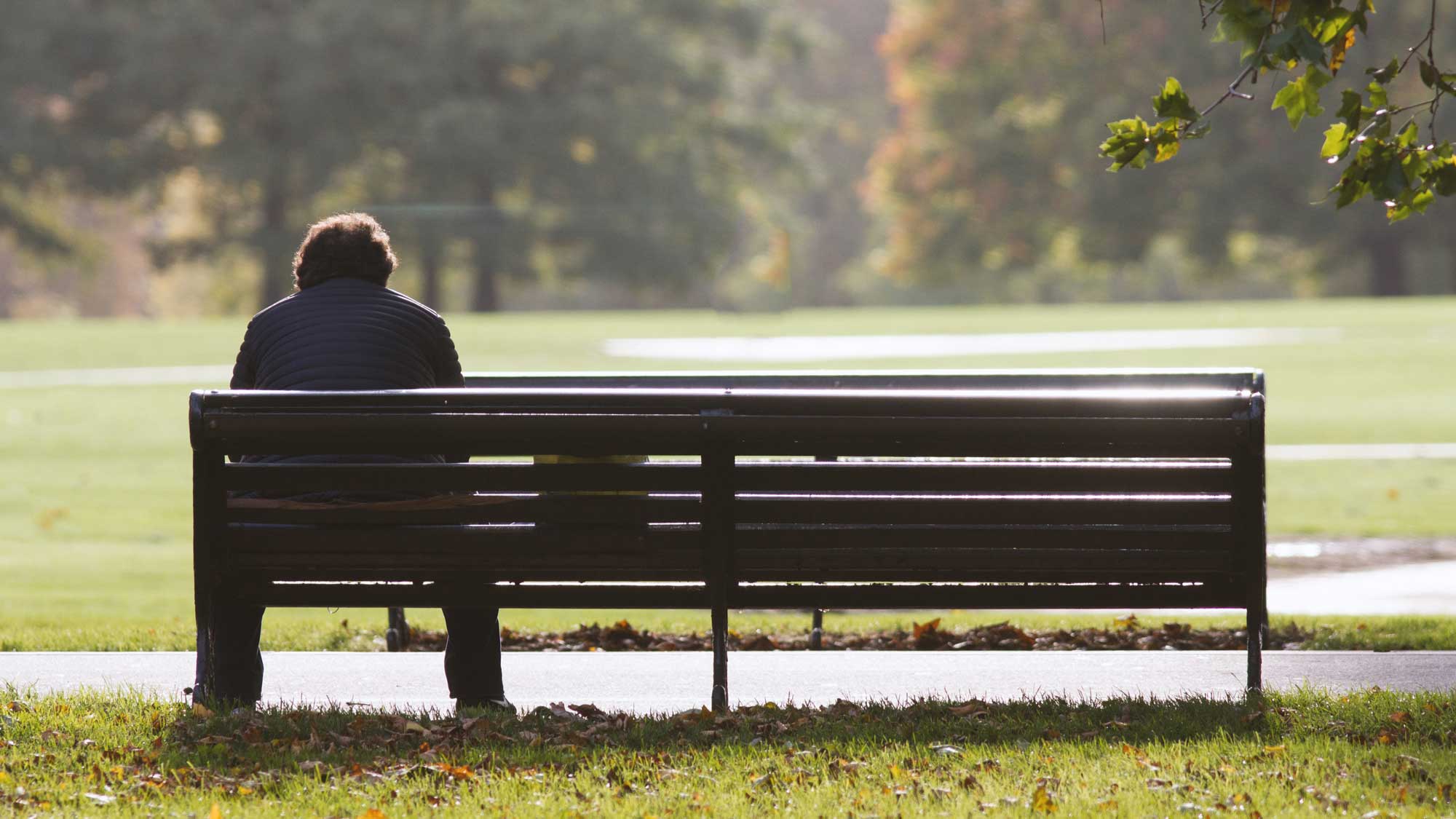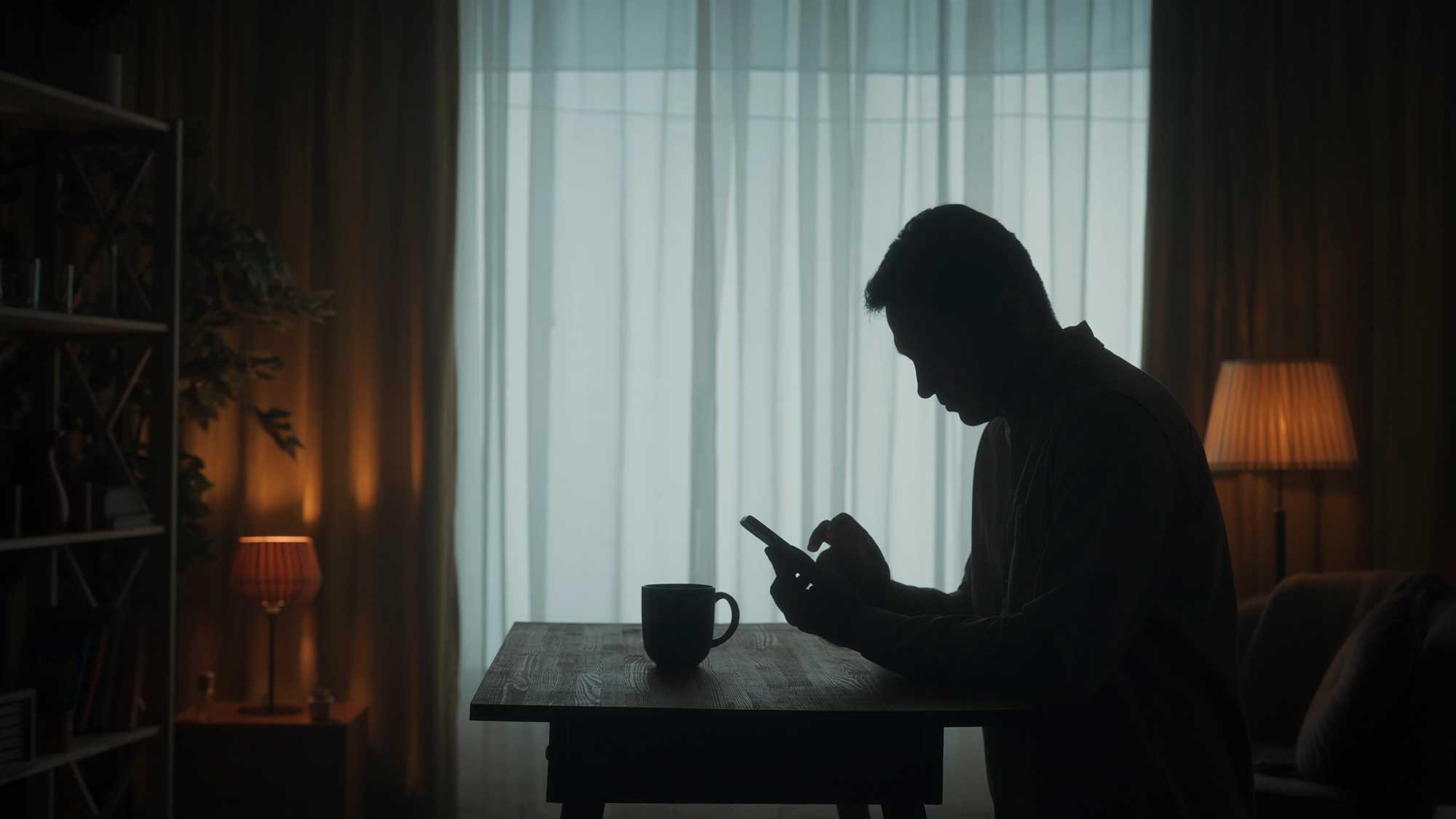Health experts around the globe continue to express their concerns regarding COVID-19 and increased rates of mental health complications. However, there’s one group in particular that many are worried about – healthcare workers.
As stated by the World Health Organization, in addition to increased levels of fear, many healthcare workers may experience avoidance by their family or community. This can make a challenging situation even more difficult.
If you are a healthcare worker, here’s what you need to know — and more importantly, what you can do to protect your mental health.
Healthcare Workers Are Facing a Mental Health Crisis
TIME Magazine recently published a thought-provoking article, highlighting the experiences of healthcare workers surrounding the COVID-19 pandemic.
Although these individuals are used to working in high-stress situations, treating severely ill patients, COVID-19 is unlike anything these workers have experienced before.
Not only are they experiencing a whole new realm at work, but they are also incredibly fearful for their own health and the health of their immediate family members.
Related: Guidance for First Responders Combatting the COVID Pandemic
Since the challenges and implications surrounding COVID-19 continue to unfold, it will be years until we truly understand the mental health toll of this pandemic, but early data is providing a bleak glimpse.
A recent study focused on 1,257 healthcare workers in China who were working with COVID-19 patients. What they found was that 50.4 percent showcased symptoms of depression, 44.6 percent experienced symptoms of anxiety, 35 percent had insomnia, and 71.5 percent reported overall feelings of distress.
Variables Impacting the Mental Health of Healthcare Workers
The impact that COVID-19 has on the mental health of medical workers is complex. These workers are currently facing an increased risk of psychological distress due to:
- The rapidly increasing number of COVID-19 cases, resulting in an overwhelming and stressful workload.
- An overload of information, which is often changing day-by-day, even hour-by-hour within the medical community.
- An insufficient supply of personal protective equipment.
- Increased stigmatization due to the industry they’re working in.
- Fear of infection for themselves and their families, resulting in social isolation for many.
There have been stories of doctors and nurses taking extreme measures to protect those they love, such as this critical care doctor. This individual moved into a tent in the garage to prevent the spread of COVID-19 to his family.
This is just one case of the many healthcare workers who are being distanced from their loved ones during this time, which of course, adds insult to injury.
Protecting Healthcare Workers Is Critical When Aiming to Address the COVID-19 Epidemic
In some countries, as many as 1 in 10 healthcare workers are infected with the coronavirus. The healthcare industry is being flooded with patients, and in most cases, hospitals are already understaffed.
As stated by the Director-General of the World Health Organization, “When health workers are at risk, we’re all at risk.”
Infection rates among healthcare workers not only increases rates among a community but also threatens the world’s ability to care for those who are sick. When these workers get sick, they are pulled out of service, placing greater strain on the healthcare system.
What YOU Can Do to Protect Yourself
Although recommendations are being made in terms of the healthcare industry, focusing on increased access to personal protective equipment and support, there are steps you can take to protect yourself as a frontline worker.
Perhaps the most important thing that healthcare workers can do doing this time is to practice self-care. Some options include:
- Taking time to do things that help you personally relax. Whether that be reading or yoga, make time for yourself.
- Keeping a diary, as journaling has been shown to reduce feelings of depression and anxiety, especially when you’re feeling a wide combination of overwhelming emotions.
- Exercise to help support both your physical and mental health. Meditation and mindfulness are also highly recommended. This can help you “switch off” when you return home, giving you time to unwind and get the sleep you so desperately need.
- Limit the amount of time you spend on social media, seeking the support of those you love and trust. If you are practicing social isolation, there are a number of digital apps to improve communication during this time.
If you find that you slipping into a state of anxiety and/or depression, it is imperative that you speak to someone. This will help you reduce the risk of mental and physical burnout during an already taxing time.
And remember, you’re never alone.






